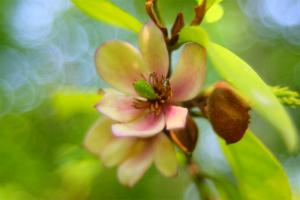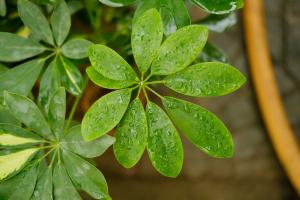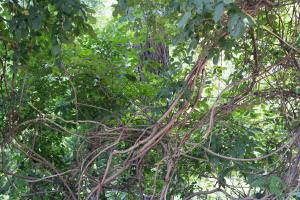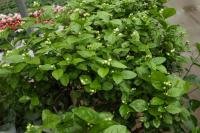1、 Curing method
1. Soil: when preparing soil, you can mix sawdust and perlite. It's very convenient to get materials. Just put some cake fertilizer at the bottom of the flowerpot when you put it in the pot, and you can grow well
2. Fertilizer: it doesn't eat fat very much, so it's OK to apply a small amount of liquid fertilizer every month during breeding. Pay attention to the concentration can't be too high. If not, there's no problem without fertilization
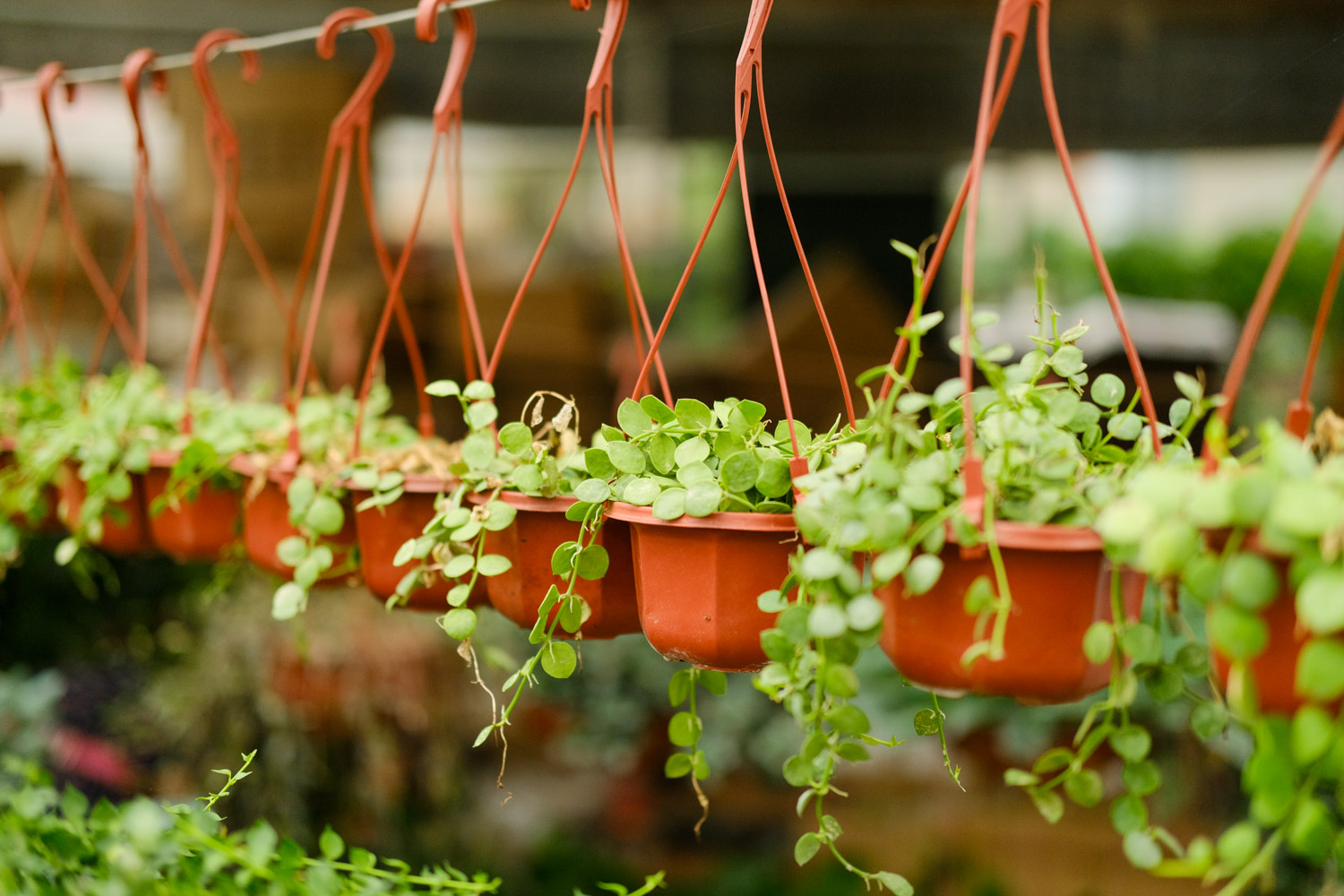
3. Watering: it's not very cold about water. It doesn't need to be watered too much at ordinary times. It can be watered thoroughly once in 3-5 days. It has good drought resistance. Don't worry that it will have problems due to water shortage
4. Light: it likes a semi cloudy growth environment. It can occasionally take it out to see the sun, or it can be raised in the astigmatism. It's ok as long as it's not exposed to the sun for a long time

2、 Breeding skills
1. Reproduction: cut off a branch with 5 or 6 leaves, dry the wound in the shade, and then put it on the soil to wait for it to take root. Pay attention to spray water frequently to moisturize it, otherwise it will dry before taking root
2. Change the pot: change the pot once in 1-2 years. If the overall growth is too large, you need to change a larger pot. You don't need to apply too much base fertilizer and pour a small amount of liquid fertilizer
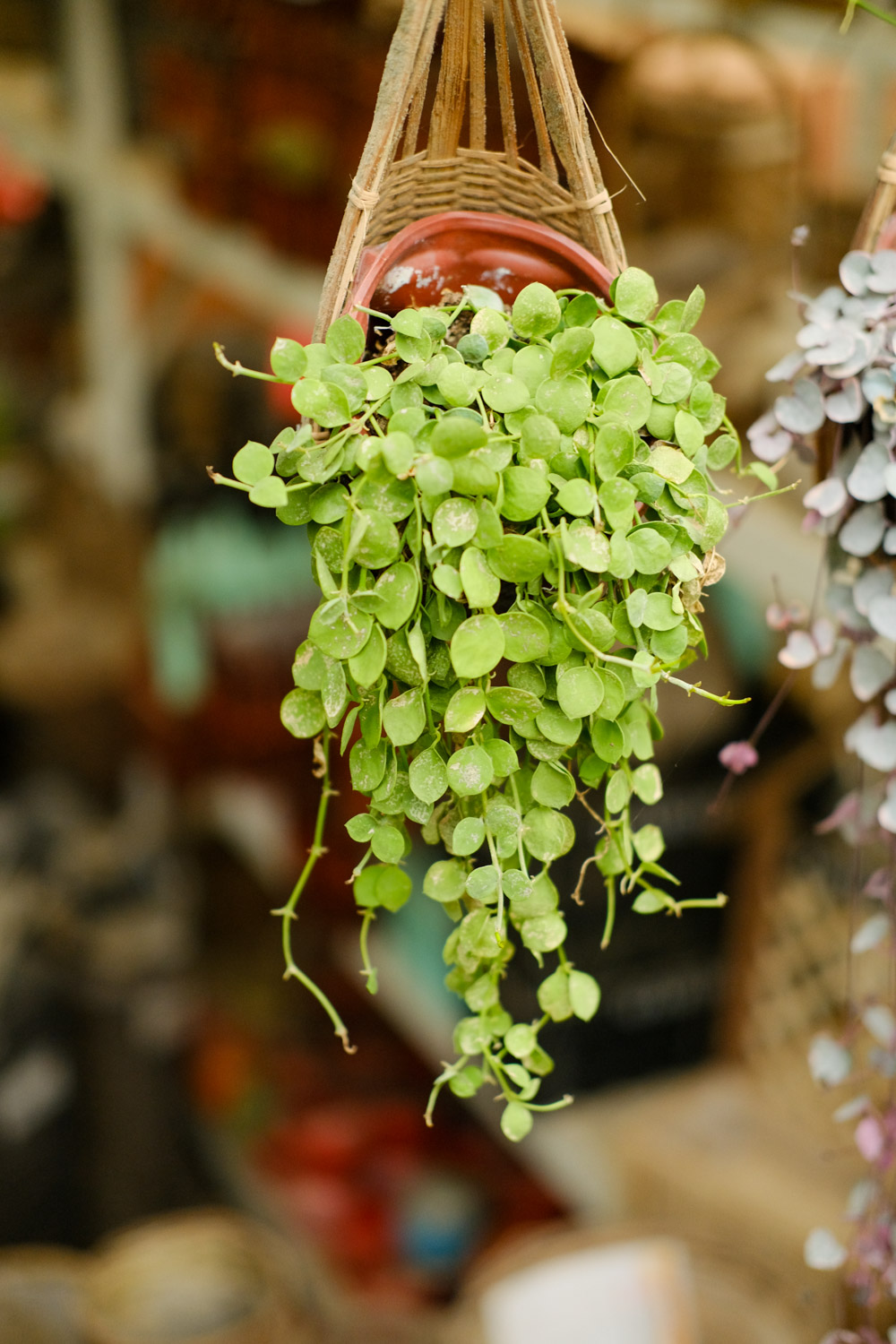
3、 Diagnosis and treatment problems
1. Yellow leaf: after its leaves turn yellow, we must check the basin soil as soon as possible to see if there is water shortage or ponding. If we take remedial measures in time, we can recover quickly
2. Wilting: the wilting of qianteng is usually caused by too strong light. Just move it to the shade in time and let it slowly. It should be noted that it doesn't like the growth environment with too strong light

4、 Other issues
1. Toxicity: qianteng should be non-toxic and harmless. So far, there is no data to clearly prove whether it is toxic or not
2. Whether it can be raised indoors: qianteng can be cultured indoors. It has lovely shapes to decorate the room, and it has a great style. Moreover, the breeding is also very simple. Novices can raise it at ease


 jackfruit
jackfruit snake plant
snake plant hibiscus
hibiscus hydrangea
hydrangea lavender
lavender Green roses climb al...
Green roses climb al... If you don't pay att...
If you don't pay att... Management of four g...
Management of four g...

